 W
WHenry Parke Airey CMG, DSO was an Australian colonial soldier.
 W
WArthur Hugh Henry Batten-Pooll VC MC was an English recipient of the Victoria Cross, the highest and most prestigious award for gallantry in the face of the enemy that can be awarded to British and Commonwealth forces.
 W
WColonel Francis David Millet Brown VC was a British recipient of the Victoria Cross, the highest and most prestigious award for gallantry in the face of the enemy that can be awarded to British and Commonwealth forces.
 W
WThomas Adair Butler VC was an English recipient of the Victoria Cross, the highest and most prestigious award for gallantry in the face of the enemy that can be awarded to British and Commonwealth forces.
 W
WLieutenant-General Sir Colin Bishop Callander KCB KBE MC was a senior British Army officer who went on to be Military Secretary.
 W
WHenry Hugh Peter Deasy was an Irish army officer, founder of the Deasy Motor Car Company and a writer.
 W
WColonel Albert Edward Williamson Goldsmid was a British officer. He was the founder of the Jewish Lads' Brigade and the Maccabaeans.
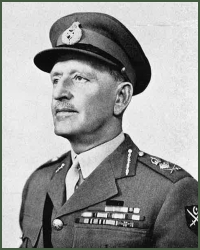 W
WGeneral Sir Douglas David Gracey & Bar was a British Indian Army officer who fought in both the First and Second World Wars. He also fought in French Indochina and was the second Commander-in-Chief of the Pakistan Army. Gracey held this latter office from 11 February 1948 until his retirement on 16 January 1951. Born to English parents living in India, he was educated in English schools before returning to India to serve in the military there.
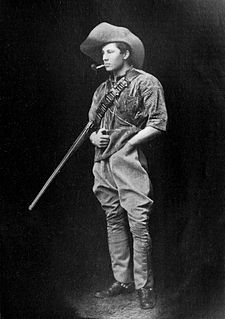 W
WEwart Scott Grogan (1874–1967) was an English explorer, politician, and entrepreneur. He was the first person in recorded history to walk the length of Africa, from Cape Town to Cairo.
 W
WMajor-General Henry Maurice Chambers was a British Indian Army officer of the Second World War.
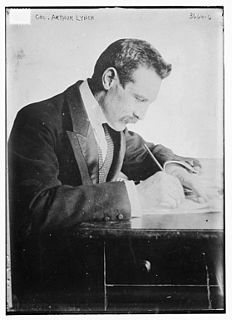 W
WArthur Alfred Lynch was an Irish Australian civil engineer, physician, journalist, author, soldier, anti-imperialist and polymath. He served as MP in the UK House of Commons as member of the Irish Parliamentary Party, representing Galway Borough from 1901 to 1902, and later West Clare from 1909 to 1918. Lynch fought on the Boer side during the Boer War in South Africa, for which he was sentenced to death but later pardoned. He supported the British war effort in the First World War, raising his own Irish battalion in Munster towards the end of the war.
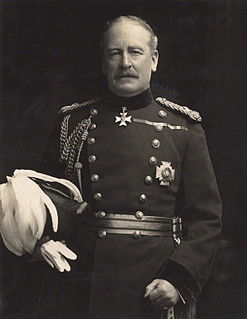 W
WLieutenant General Sir Herbert Scott Gould Miles, was a senior British Army officer. He was Quartermaster-General to the Forces from 1908 to 1912, and Governor of Gibraltar from 1913 until 1918 during the First World War.
 W
WMajor-General Sir Oliver Stewart Wood Nugent, was a British Army officer known for his command of the 36th (Ulster) Division during the First World War and particularly at the Battle of the Somme.
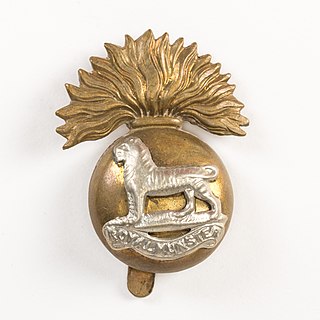 W
WThe Royal Munster Fusiliers was a line infantry regiment of the British Army from 1881 to 1922. It traced its origins to the East India Company's Bengal European Regiment raised in 1652, which later became the 101st Regiment of Foot. The Royal Munster Fusiliers were formed in 1881 by the merger of the 101st Regiment of Foot and the 104th Regiment of Foot. One of eight Irish regiments raised largely in Ireland, it had its home depot in Tralee and served as the county regiment for Cork, Clare, Limerick and Kerry. At its formation the regiment comprised two regular and two militia battalions.
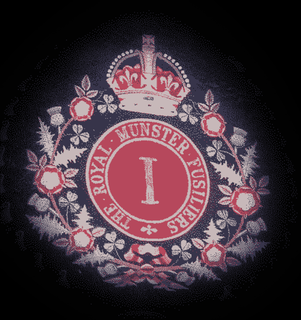 W
WThe Royal Munster Fusiliers was a regular infantry regiment of the British Army. One of eight Irish regiments raised largely in Ireland, its home depot in Tralee. With the outbreak of World War I in August 1914 the immediate need for a considerable expansion of the British Army resulted in the formation of the New Army under Lord Kitchener. The war target was seventy divisions in all, the New Army to have thirty volunteer divisions separate and under Army Order 324, as additional from the Regular Army, with a planned period of service of at least three years. On 7 August a general United Kingdom-wide call for 100,000 volunteers aged 19–30 was issued. The battalions were to be distinguished by the word 'Service' after their number.
 W
WDaniel Desmond Sheehan, usually known as D. D. Sheehan was an Irish nationalist, politician, labour leader, journalist, barrister and author. He served as Member of Parliament (MP) in the House of Commons of the United Kingdom of Great Britain and Ireland representing Mid-Cork from 1901 to 1918, a constituency comprising the districts of Ahadallane, Ballincollig, Ballyvourney, Blarney, Coachford, Farran, Inchigeelagh, Macroom, Millstreet and Shandangan. As co-founder and President of the Irish Land and Labour Association, he was credited with considerable success in land reform, labour reforms and in rural state housing. From 1909, he was General Secretary of the Central Executive of the All-for-Ireland League, favouring a policy of National reconciliation between all creeds and classes in Ireland. During World War I he served as Irish regiments officer with the 16th (Irish) Division in France, 1915–16. He resigned his parliamentary seat in 1918 and lived in England for several years, returning to Dublin following the ending of the civil war, when he was appointed editor of the Dublin Chronicle.
 W
WColonel Arthur Howe Browne, 8th Marquess of Sligo, KBE, styled Arthur Howe Browne until 1903 and Lord Arthur Browne between 1903 and 1941, was an Irish soldier and peer.
 W
WGeorge Warren was a British General who was a major figure in the Afghan and Indian wars of the early 19th century.
 W
WAir Commodore Ferdinand Maurice Felix West, was a senior Royal Air Force officer, aviator, and an English recipient of the Victoria Cross, the highest award for gallantry in the face of the enemy that can be awarded to British and Commonwealth forces.
 W
WCharles Wooden VC was a German-born soldier in the British Army and a recipient of the Victoria Cross, the highest award for gallantry in the face of the enemy that can be awarded to British and Commonwealth forces.